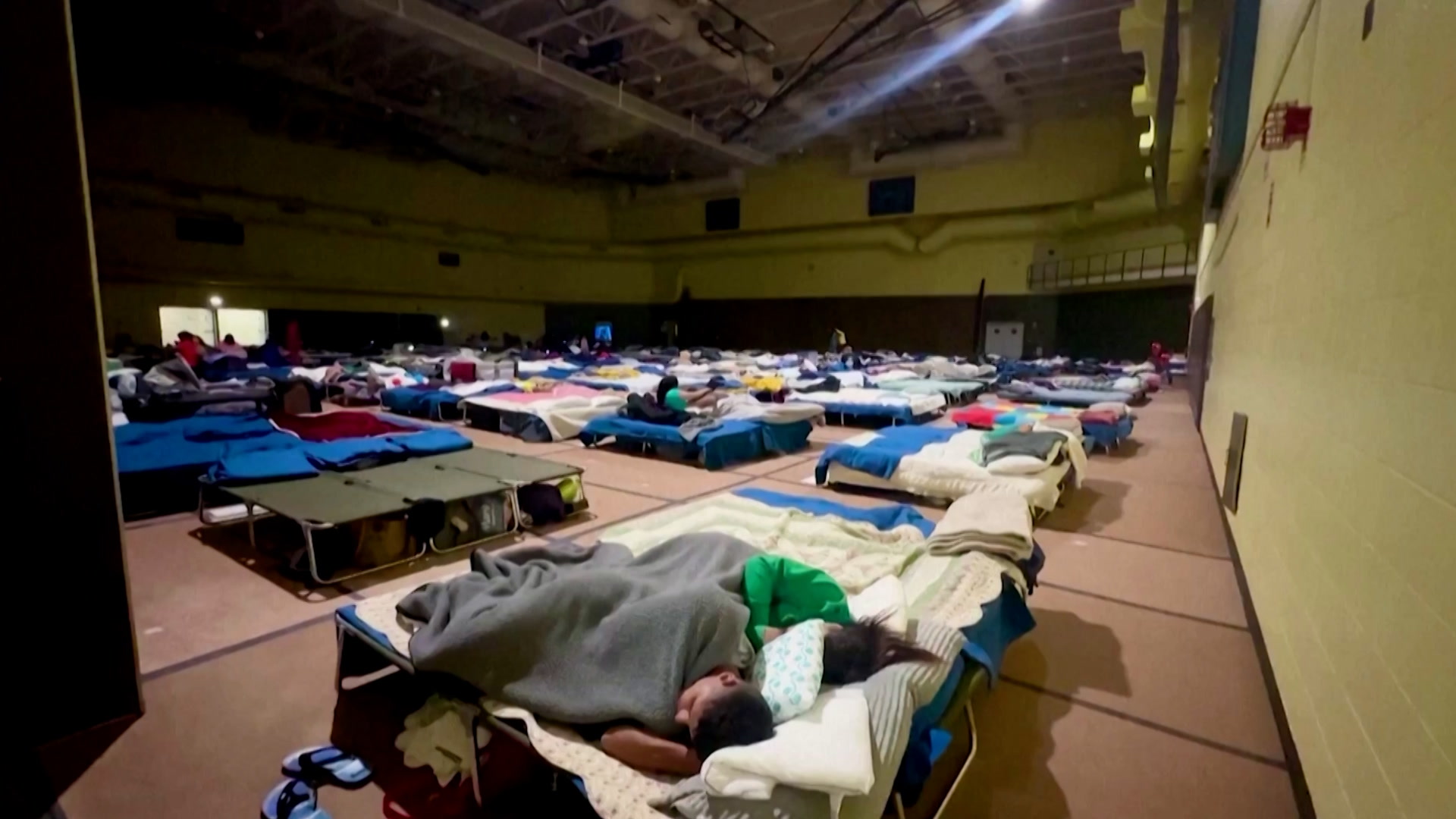How racism spread around the world alongside COVID-19

'The crisis feeds fear, which in turn is manifesting itself in xenophobia and discrimination.' Image: REUTERS/Aly Song TPX IMAGES OF THE DAY - RC2E2H969UFX

Get involved with our crowdsourced digital platform to deliver impact at scale
Stay up to date:
Human Rights
- The pandemic is driving up the incidence of racism around the world.
- The fear caused by the virus is manifesting itself in discrimination.
- It's up to all of us to challenge this trend.
The COVID-19 pandemic has sparked an increase in reports of racist incidents around the world. The crisis feeds fear, which in turn is manifesting itself in xenophobia and discrimination.
In the UK, people are asking not to be treated by doctors or nurses of Asian ethnicity. Anti-Asian racism is surging especially in the US, and not for the first time. Islamopohobic sentiments increased in the US after 9/11, and many people fear that with COVID-19 it is those of East-Asian ethnicity who will suffer in the same way. Blaming other countries and races for outbreaks of disease has a long history.
During the pandemic, many black people have faced serious discrimination and racism in Chinese cities. Reports from Guangzhou are saying that immigrants and expats of black ethnicity have been driven out of their houses and forced to self-quarantine. Reports suggest the majority of Africans living in Guangzhou have been tested despite not showing any symptoms - and that even after negative results they have not been let out again. Several African countries have protested the treatment of their citizens in China; in response, China's Foreign Ministry has said it treats all foreigners equally.
Racism towards black people in China has a long history - and has unfortunately become increasingly common. Professor Guangzhi Huang of the Massachusetts College of Liberal Arts argues that the reasons for this lie in China’s colonial past and the racism suffered by many in the Chinese diaspora - as well as prevailing cultural beliefs.
“The general public believes that racism is a Western problem because they believe that China is a racially monolithic country,” Huang says. “There is a belief that China could never be a racist country.”
The situation has also accelerated Islamophobia in countries like India. India's religious tensions between Hindu nationalists and Muslims is well documented, but lately these tensions have become a coronavirus issue as well. Hate speech has erupted across social media has erupted; hashtags like “coronajihad” or “bio jihad” have circulated widely online.
In Europe, two French doctors were accused of racism after one suggested trialling an existing TB vaccine in Africa as a possible vaccine for COVID-19. Among those who criticised his comments was the the WHO's Director General ,Tedros Adhanom Ghebreyesus, who said he was "appalled", and that "at a time when we need solidarity, these kinds of racist remarks do not help". The doctor has since apologised for his remarks.
Since many people around the globe are now still working from home and staying indoors, internet usage has risen sharply. Although many people can communicate with their friends and relatives online, frustration, anger and anxiety are spreading online as well. These negative feelings can lead easily into hatred towards someone else. Someone different. Someone who is not us, but them.
In March this year, Sauli Niinistö, the President of Finland, urged people to think that “I am not alone in this, we are in this together and we’re supporting each other”. There is no room to separate me from you or us from them. Blaming and undermining other people will feed racism and hate-speech.
We certainly are in this together against the virus, not against each other. Therefore, it is important to fight racism both online and offline - because racism will not solve this crisis, humanity will.
Don't miss any update on this topic
Create a free account and access your personalized content collection with our latest publications and analyses.
License and Republishing
World Economic Forum articles may be republished in accordance with the Creative Commons Attribution-NonCommercial-NoDerivatives 4.0 International Public License, and in accordance with our Terms of Use.
The views expressed in this article are those of the author alone and not the World Economic Forum.
Related topics:
The Agenda Weekly
A weekly update of the most important issues driving the global agenda
You can unsubscribe at any time using the link in our emails. For more details, review our privacy policy.
More on Human RightsSee all
John Letzing and Minji Sung
April 9, 2024
Marie McAuliffe
April 8, 2024
Liam Coleman
March 7, 2024
Kate Whiting
July 12, 2023
Christa Odinga-Svatenson and Diana Alvarez
June 20, 2023






